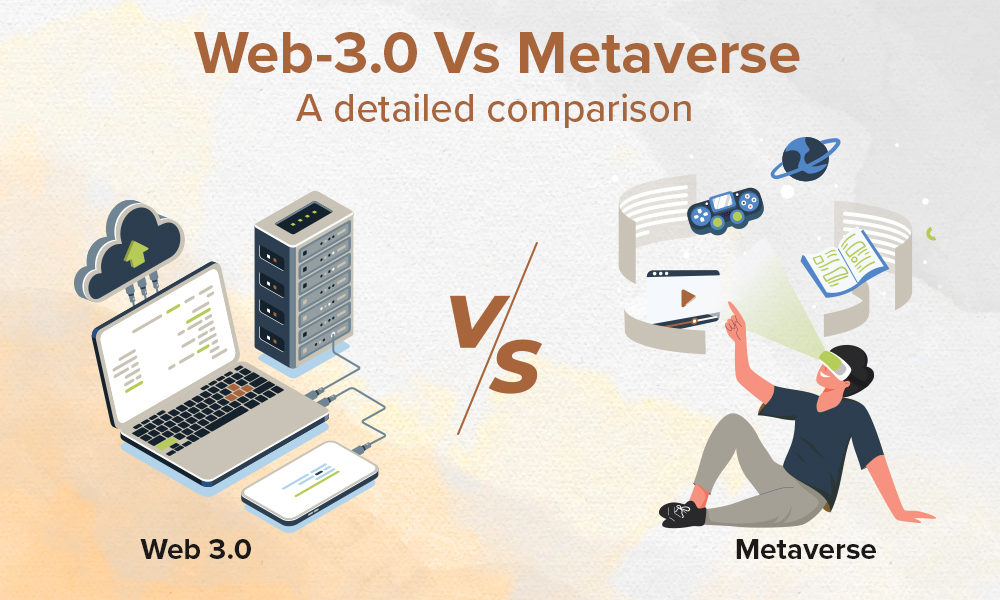The second largest cryptocurrency Ethereum (ETH) as per the market capitalization, is facing critical observation from American regulators this month. The US Securities and Exchange Commission (SEC) as well as the Commodity Futures Exchange Commission (CFEC) is enquiring for its token sale in 2014. As per the wall street journal, controllers are investigating the cryptocurrency whether it should be classed as a security, as stated in the Securities Act 1933.
In 2014, the major point of concern was the presale of ETH tokens. As 31,000 BTC was raised by the Ethereum Foundation to fund the development of Ethereum worth around $18.3 mln at the time. The regulators were concerned that the presale itself could be classed as the security sale.
The fact was that the investors most likely bought tokens in the hope that their value would increase in the future and if this is found to be the case, then the Ethereum Foundation should have registered ETH as a security before the token sale was carried out.
Ethereum co-founder gives arguments against securities classification
Joseph Lubin, co-founder of the Ethereum foundation confidently stated that there were no concerns that the cryptocurrency would be classed as a security as it does not meet the classifications of a security and hence need not be regulated at all.
Lubin believes that it is not a security for following the 2 reasons in case of Ethereum:
Ethereum’s blockchain requires miners to validate transactions, create new blocks and unlock ETH tokens and since many parties are involved, it should be ruled out as ‘Securities’.
The Ethereum Foundation disapproves the claims which were made by the former CFEC chairman Gary Gensler a week ago, who said both Ethereum and Ripple should be considered as unregistered securities.
Legal consequences
If SEC labels Ethereum as a security, the matter could end up in a legal battle lasting many years.
US Corporate Lawyer, Dean Steinbeck also thinks it would be wrong for SEC to go after Ethereum since it is not a bad actor. There are other fraudsters and con artists that should be focused on. Also, since there are nuances in the way the Ethereum platform utilizes the tokens that may allow it to fail the Howey test. According to him, SEC can risk losing an enforcement action of this magnitude at this stage. In fact, he thinks CFTC will take the position that mined tokens are commodities and should be treated as such.
The other side of the coin
What if Ethereum is found to be a security? Well, a number of things could happen – first and foremost, the price of the cryptocurrency would see a fall as American exchanges would be trading a security – which they would need to have registered for with the SEC. To do so, trading would have to be stopped. Followed by serious ramifications, including fines, penalties and civil litigation by “damaged” purchasers or sellers of the security. Individual penalties could range from $7,500 to $160,000 while companies or entities could face penalties from $80,000 to $775,000.
All in all, if Ethereum is found to have violated SEC laws, all other ICOs that were built on the Ethereum blockchain could face penalties too. Nevertheless, since Ethereum has been running successfully for over three years now, and its market capitalization shows its worth as a revolutionary blockchain technology, it’s very unlikely of SEC or CFEC to rush to any conclusion like this.
Source: https://cointelegraph.com/news/it-never-was-a-security-ethereum-under-the-regulatory-spotlight



.jpg)
